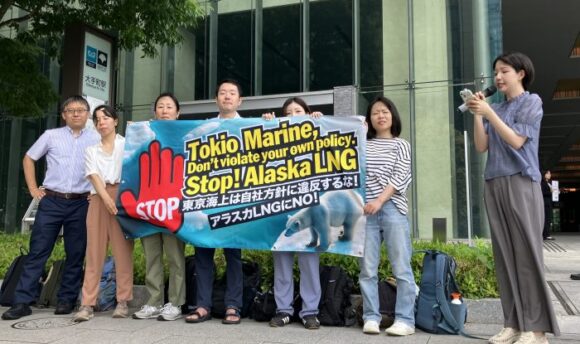Reducing exposure to Oil & Gas should be the next environmental objective for insurers… and could help unlock an additional ‘green premium’ for the sector.
Société Générale
There are no new oil and gas fields approved for development in our pathway [Net-Zero to 2050] and no new coal mines or mine extensions are required.
International Energy Agency's Net Zero by 2050 report, May 2021
We need net zero commitments to cover your underwriting portfolios, and this should include the underwriting of coal – and all fossil fuels.
Antonio Guterres, Secretary-General of the United Nations, at the Insurance Development Forum
I encourage insurers to only underwrite those portfolios that are consistent with the goals of the Paris Agreement.
Patricia Espinosa, Executive Secretary of the United Nations Framework Convention on Climate Change (UNFCCC)
The cumulative scientific evidence is unequivocal: Climate change is a threat to human well-being and planetary health. Any further delay in concerted anticipatory global action on adaptation and mitigation will miss a brief and rapidly closing window of opportunity to secure a liveable and sustainable future for all.
IPCC Sixth Assessment Report on Climate Change 2022: Impacts, Adaptation and Vulnerability



